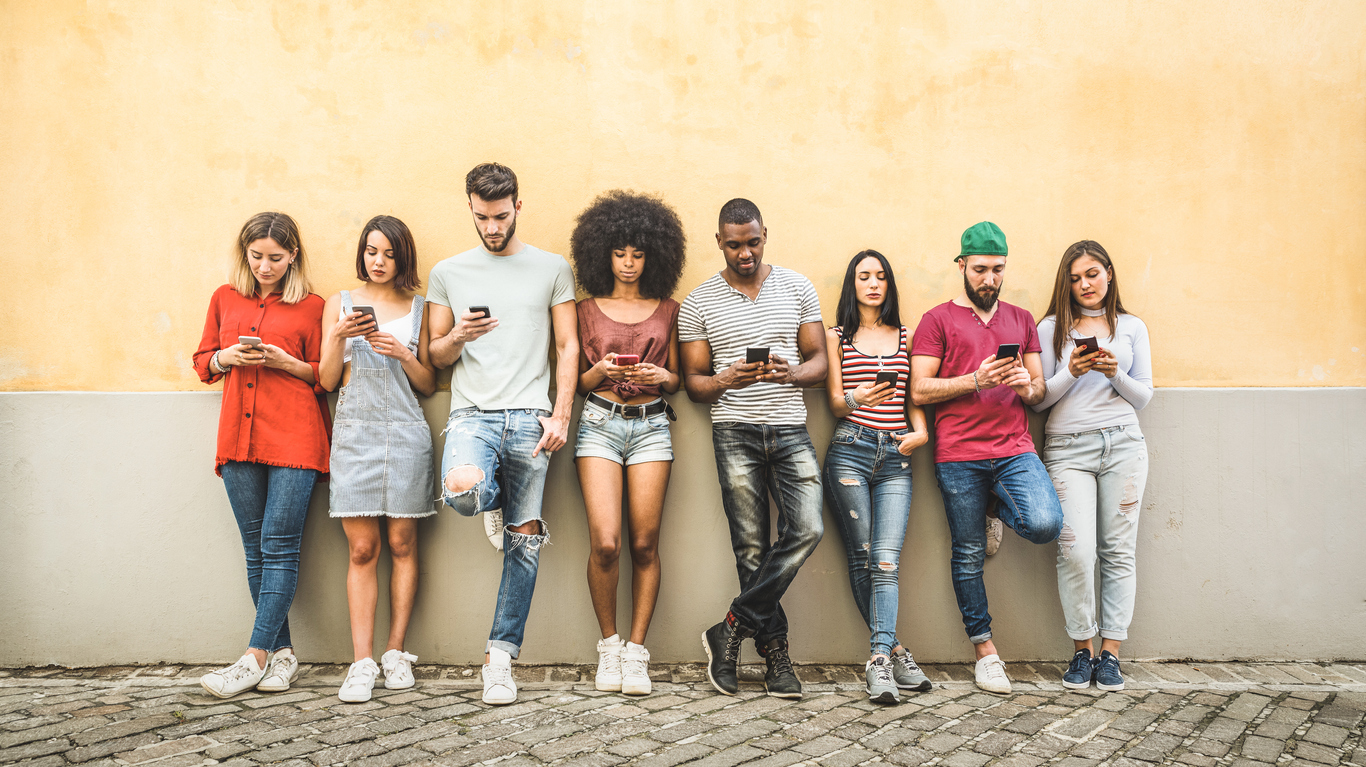Uncategorized
The Demise of the Millennial Internet: A Eulogy for the Digital Playground
The millennial internet, once a vibrant and unpredictable space for creativity, culture, and community, is on its deathbed. It’s a demise that has been playing out for several years, but the final blows in 2023 have left it gasping for breath. In this eulogy, we reflect on the rise and fall of the internet that shaped a generation.
The beginning of the end can be traced back to November 17, 2015, a date etched in the memory of many. On that fateful day, Gawker Media, along with its cadre of talented writers and editors, underwent a massive restructuring. Seven staffers and countless permalancers were handed their pink slips, as the company sought to “optimize and sharpen” its websites, including Gawker, Jezebel, Deadspin, Lifehacker, and Gizmodo. The internet was changing, and personnel changes were deemed necessary.
For Gawker, known for its at-times unrealistic traffic demands, the quest for virality was relentless. The content was diverse, ranging from hard-hitting stories on social issues to the downright bizarre, like “Tinder Is Full of Robot Prostitutes.” Virality was the name of the game, and while some stories thrived, others inexplicably flopped.
But Gawker wasn’t alone in chasing virality; BuzzFeed was its kindred spirit. BuzzFeed, under the guidance of CEO Jonah Peretti, deployed an arsenal of quizzes, listicles, news stories, and investigations to capture the attention of a mass audience. The dress, which sparked countless debates, exemplified BuzzFeed’s knack for generating viral content.
The Awl and The Hairpin, on the other hand, provided a platform for emerging writers with a unique perspective on pop culture. Independent voices like Tom Scocca’s weather reviews created a tapestry of ideas for a generation searching for its identity. The temperature of the millennial internet was ever-changing, entertaining, and elusive.
The second blow came in January 2018 when The Awl, a site synonymous with the millennial web, closed its doors. Scocca’s words, “Every fugitive bit of light might be the last one,” captured the essence of the era—the uncertainty, the creativity, and the fleeting nature of it all. The internet was a secret playground where we could create, work, and waste time, never knowing if our digital light would be extinguished tomorrow.
The final nail in the coffin came in April 2023, as BuzzFeed News, Vice, Okayplayer, and even Jezebel were hit by layoffs and downsizing. Independent media struggled to stay afloat, and the news media sector lost more jobs in one year than in the previous two combined.
Social media platforms like Tumblr, Twitter, and Vine once broadened the reach of communication, amplifying voices that might otherwise have remained unheard. But these platforms too have changed. Tumblr plans to curtail its operations, Twitter has decayed into a realm of misinformation, and Vine has been replaced by TikTok.
The millennial internet is fading, replaced by video and audio dominance, but the cycle continues. Radio supplanted newspapers, TV eclipsed radio, and the internet disrupted them all. The digital era has its own rhythm, and it’s constantly evolving.
In the end, the lesson we take from the millennial internet is that it was never meant to be figured out. Its unpredictability was its charm, its essence, and its legacy. As we bid farewell to the digital playground that shaped a generation, we remember that the internet is a wild, untamed beast, forever elusive and ever-changing. Onward, we go, into the unknown.













